Science
Science provides an empirical way of answering interesting and important questions about the biological, physical and technological world. The knowledge it produces has proved to be a reliable basis for action in our personal, social and economic lives. Science is a dynamic, collaborative and creative human endeavour arising from our desire to make sense of our world through exploring the unknown, investigating universal mysteries, making predictions and solving problems. Science aims to understand a large number of observations in terms of a much smaller number of broad principles. Science knowledge is contestable and is revised, refined and extended as new evidence arises.
The Australian Curriculum: Science provides opportunities for students to develop an understanding of important science concepts and processes, the practices used to develop scientific knowledge, of science’s contribution to our culture and society, and its applications in our lives. The curriculum supports students to develop the scientific knowledge, understandings and skills to make informed decisions about local, national and global issues and to participate, if they so wish, in science-related careers.
In addition to its practical applications, learning science is a valuable pursuit in its own right. Students can experience the joy of scientific discovery and nurture their natural curiosity about the world around them. In doing this, they develop critical and creative thinking skills and challenge themselves to identify questions and draw evidence-based conclusions using scientific methods. The wider benefits of this ‘scientific literacy’ are well established, including giving students the capability to investigate the natural world and changes made to it through human activity.
The ability to think and act in scientific ways helps build the broader suite of capabilities in students as confident, self-motivated and active members of our society.
- Free Plan
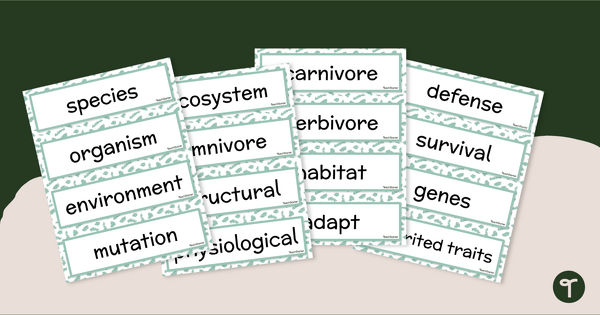
Plant and Animal Adaptations – Word Wall Vocabulary
Build scientific vocabulary skills with a printable display of words relating to plant and animal adaptations.
- Plus Plan
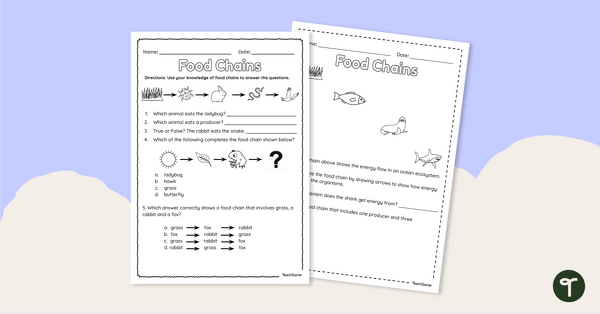
Food Chains – Worksheet
Use this worksheet to identify and describe the flow of energy in a food chain.
- Plus Plan
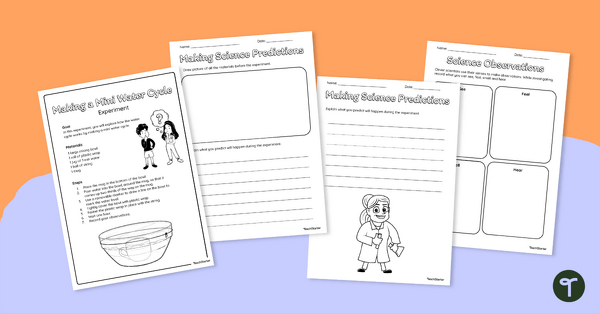
Making a Mini Water Cycle - Experiment
A hands-on experiment to use when investigating the water cycle.
- Plus Plan
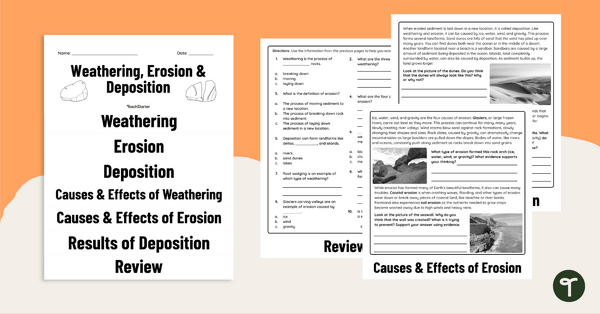
Weathering, Erosion and Deposition Flipbook
Learn about the causes and effects of weathering, erosion and deposition with a printable flipbook.
- Plus Plan
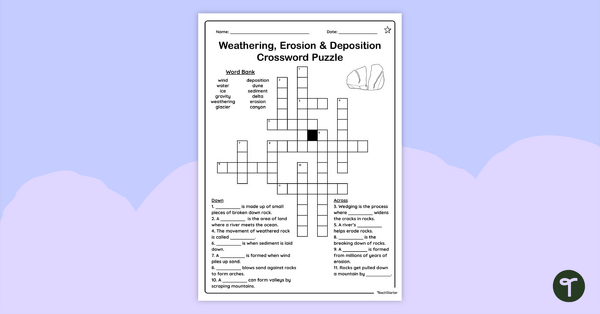
Weathering, Erosion and Deposition – Crossword Puzzle
Review science vocabulary terms associated with weathering, erosion and deposition with a crossword puzzle.
- Plus Plan
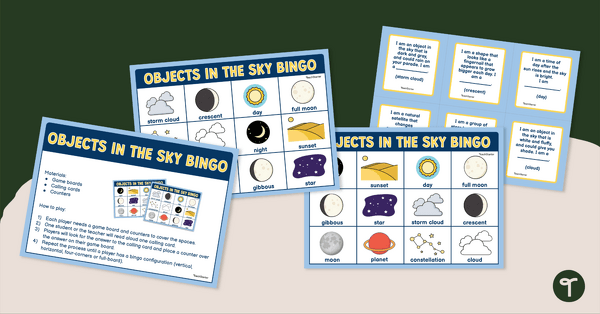
Objects in the Sky Bingo
Learn about different objects in the sky with a bingo game!
- Plus Plan
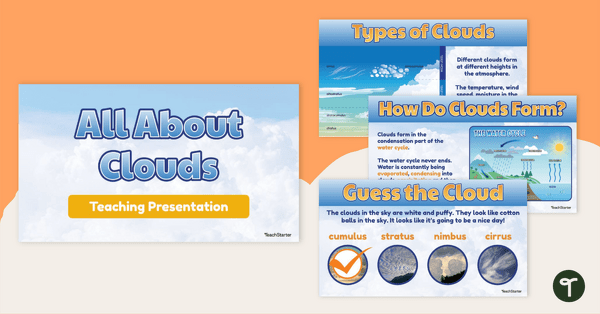
All About Clouds – Teaching Presentation
Teach your students about the different types of clouds with this 19-slide teaching presentation.
- Plus Plan
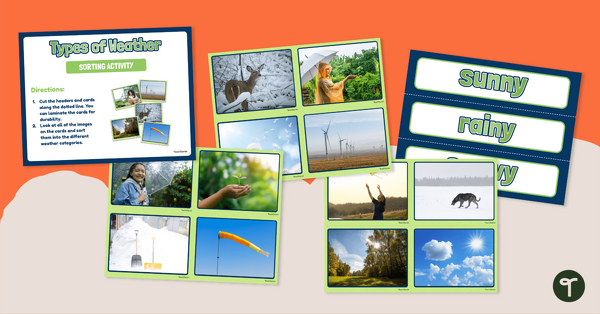
Types of Weather – Sorting Activity
Observe and categorise pictures showing different types of weather with this sorting activity.
- Plus Plan
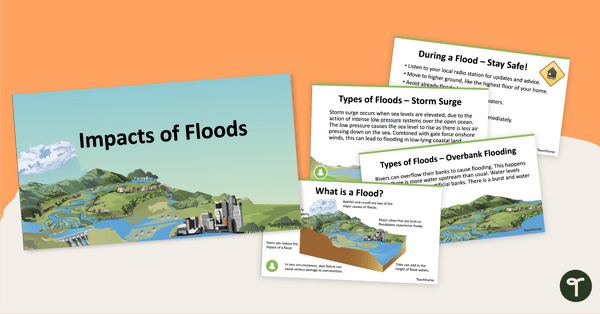
Impacts of Floods PowerPoint
A 17-slide editable PowerPoint template about floods and their impact on communities.
- Plus Plan
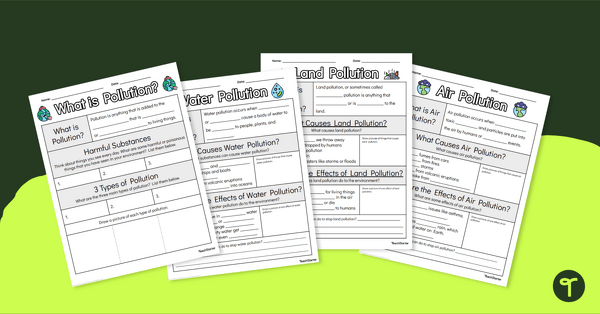
What is Pollution? Guided Note-Taking Worksheets
Provide your learners with an organised note-taking method with a pack of Pollution note-taking templates.
- Plus Plan
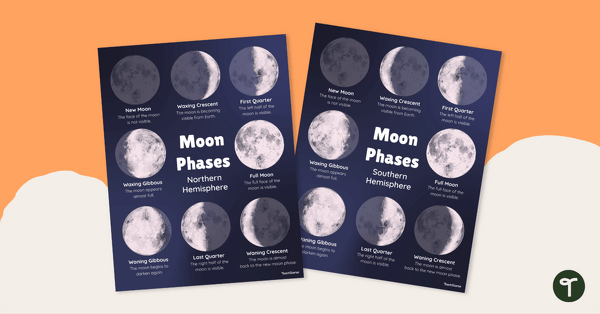
Moon Phases – Poster Set
Learn about the lunar cycle with this this set of posters showing the different phases of the moon.
- Plus Plan
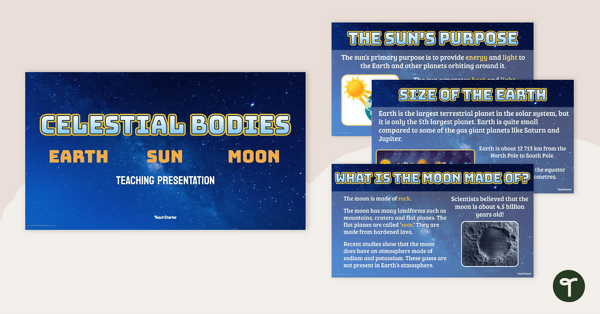
Celestial Bodies – Earth, Sun and Moon – Teaching Presentation
Learn information about the Earth, sun and moon while comparing the physical characteristics of each with this 22-slide teaching presentation.
- Plus Plan
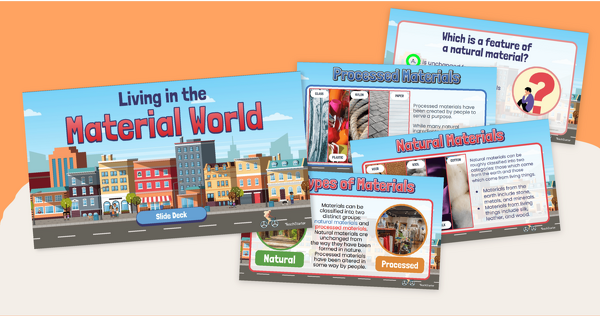
Material World PowerPoint - Processed and Natural Materials
Discover the difference between processed and natural materials with an instructional slide show.
- Plus Plan
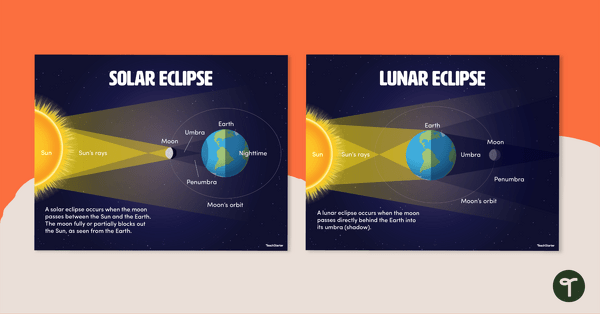
Solar and Lunar Eclipse Posters
Display these solar and lunar eclipse diagrams in your classroom when learning about the alignment of the Sun, Earth and moon.
- Plus Plan
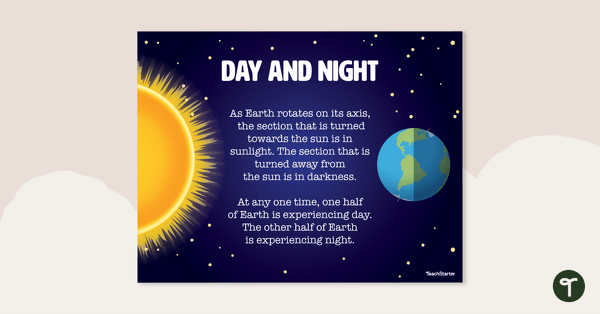
Day and Night Cycle Poster
Display information about Earth’s day and night cycle with this colourful science poster.
- Plus Plan
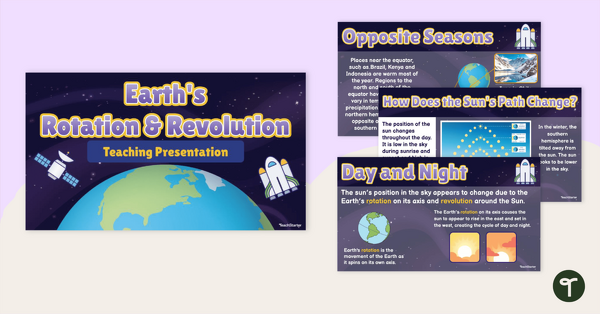
Earth's Rotation and Revolution – Teaching Presentation
Explore the difference between rotation and revolution while learning about the day and night cycle, what causes the seasons to change and more with this teaching presentation.
- Plus Plan
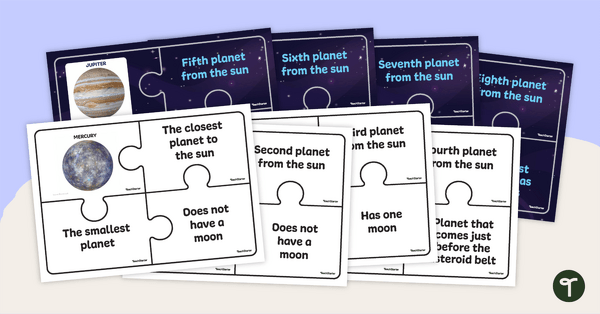
Planet Puzzle Match-Up Activity
Use your knowledge of the solar system to complete 8 different planet puzzles.
- Plus Plan
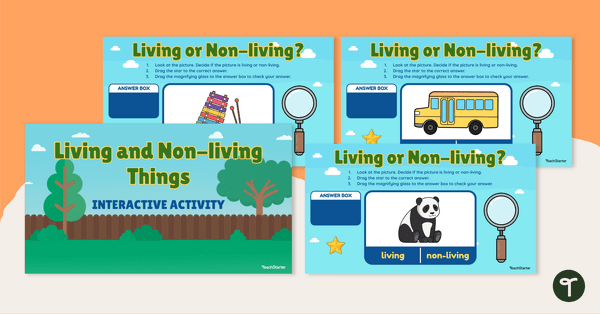
Living or Non-living Things – Interactive Activity
Identify living and non-living things with this self-checking interactive activity.
- Plus Plan
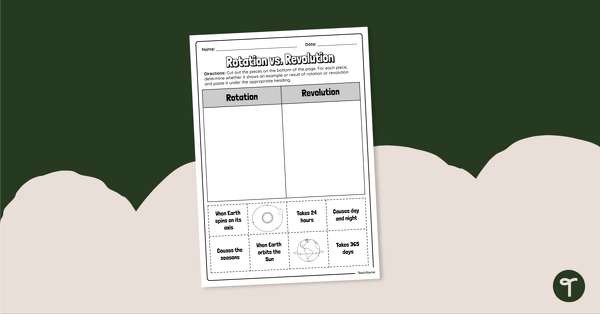
Rotation vs. Revolution – Cut and Paste Worksheet
Demonstrate an understanding of rotation vs. revolution with this cut and paste worksheet.
- Plus Plan
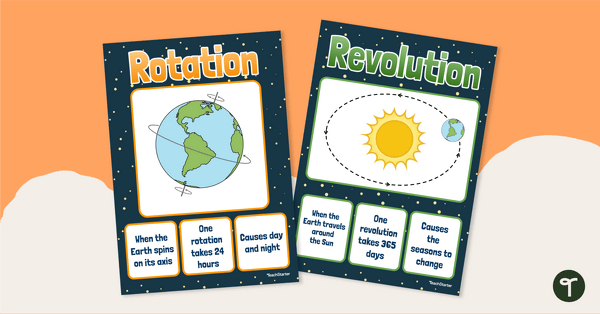
Rotation vs. Revolution Poster Set
Display information in your classroom about the differences between rotation and revolution with this poster set.
- Plus Plan
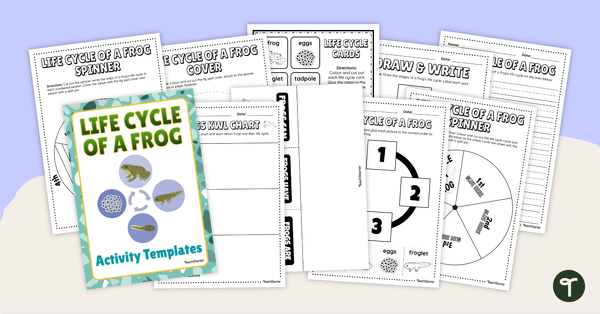
Life Cycle of a Frog – Activity Templates
Organise, record and display information about the life cycle of a frog with these activity templates.
- Free Plan
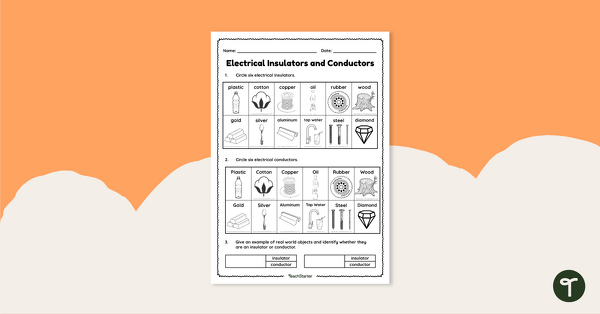
Insulators and Conductors Worksheet
Identify different insulators and conductors of electrical energy with this worksheet.
- Plus Plan
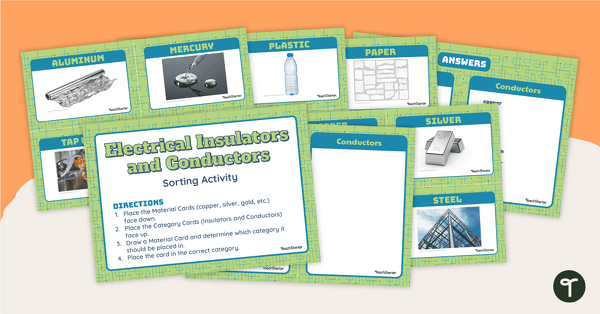
Insulators and Conductors Sorting Activity
Distinguish between electrical insulators and conductors with a picture-based sorting activity.
- Plus Plan
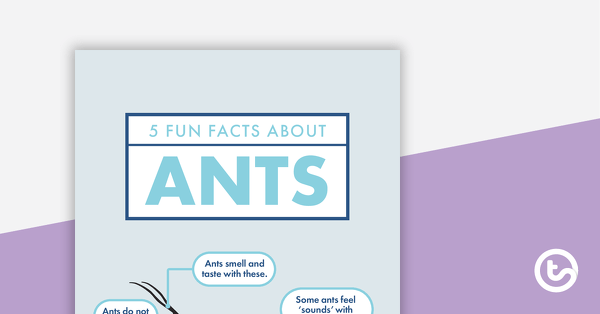
5 Fun Facts About Ants - Read and Respond Worksheet
A '5 fun facts ...' information sheet and worksheet.
- Free Plan
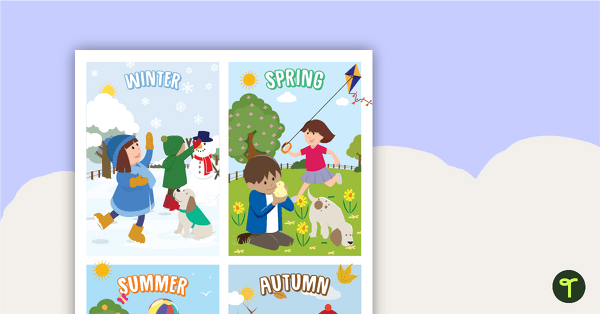
The Seasons - Posters
A set of beautifully illustrated posters that depict the seasons and the differences between them.
- Free Plan
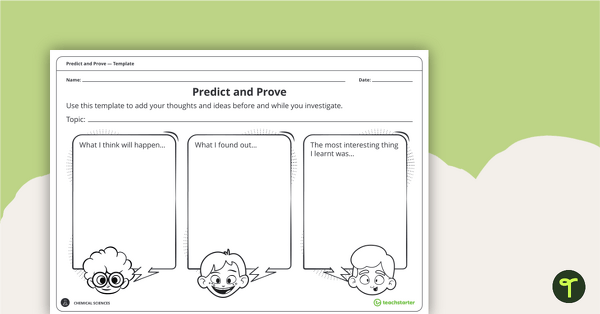
Predict and Prove – Template
A template to help introduce making a hypothesis before starting an investigation.
- Plus Plan
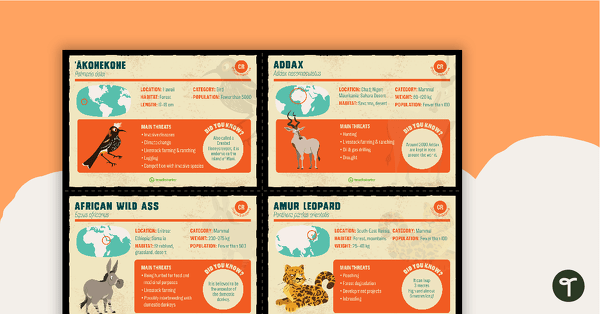
Critically Endangered Species Task Cards
Explore 64 species and subspecies that are on the critically endangered list with this set of fact cards.
- Plus Plan
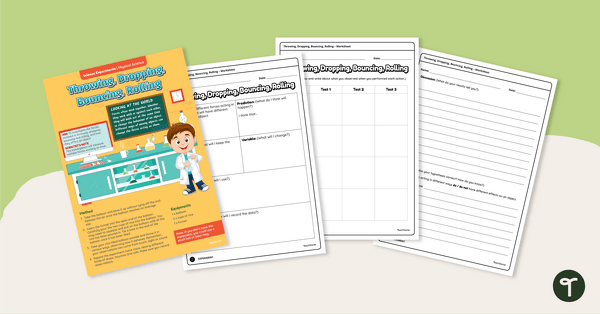
Force and Motion Experiment – Throwing, Dropping, Bouncing, Rolling
Use this hands-on force and motion experiment when teaching your students about how forces influence the movement of objects.
- Plus Plan
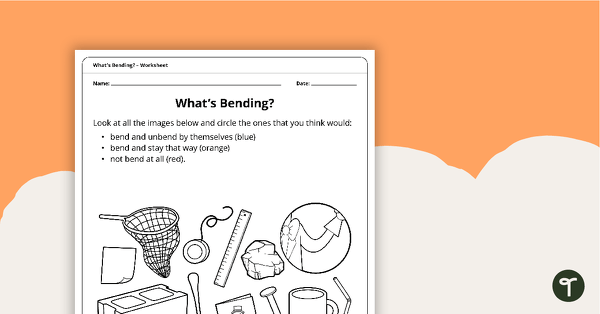
What's Bending – Worksheet
A worksheet designed for students to use their knowledge and understanding of objects and if they bend.
- Free Plan
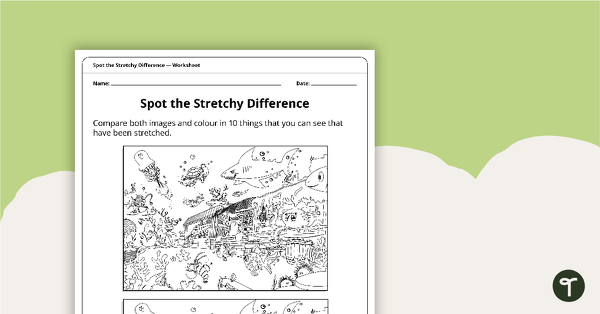
Spot the Stretchy Difference – Worksheet
A spot the difference worksheet designed to help students recognise materials that have been stretched.
- Plus Plan
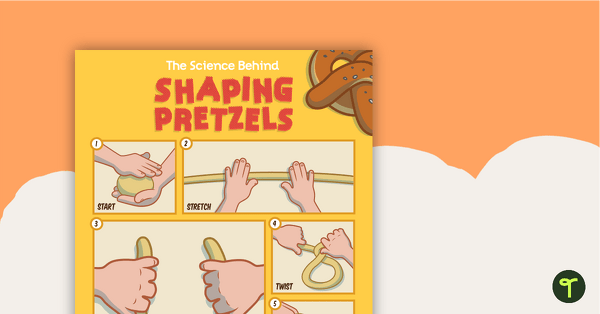
The Science Behind Shaping Pretzels
An illustrated procedure about how to make a pretzel using scientific actions.
- Plus Plan
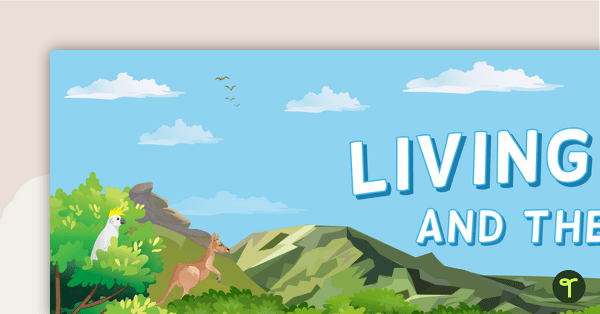
Living Things and Their Needs Display Banner
A classroom display banner to use on your 'Living Things and Their Needs' display board.